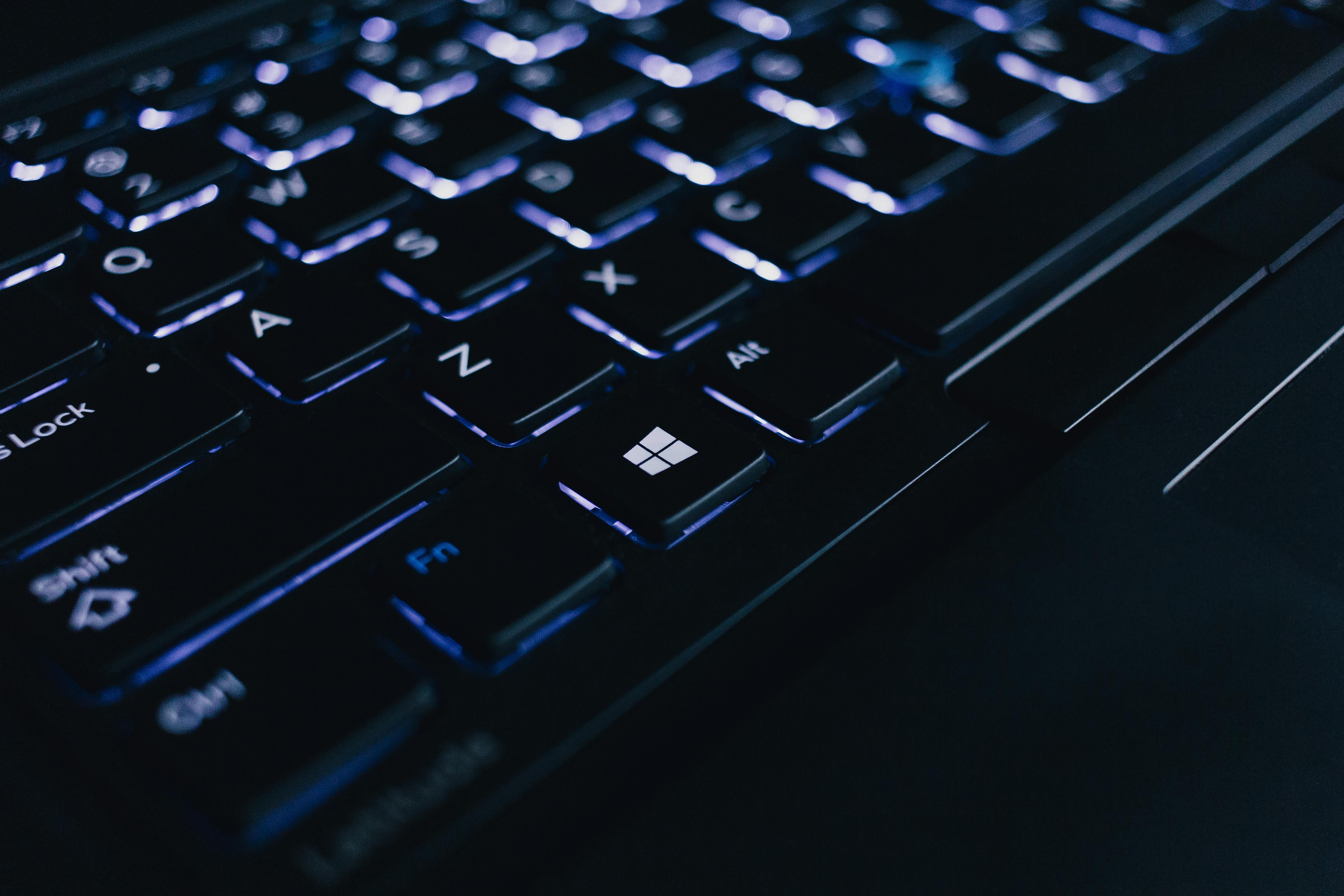We currently live in the cyber age, where the Internet and computers have a huge impact on our way of life, social life and the way we do business.
The use of information technology has presented us with great security challenges and ethical questions. Just as everything has positive and negative aspects, the use of information technology is both beneficial and unsafe.
With the growth of the Internet, network security has become a major concern. Cyber crimes have emerged rapidly in recent years and have significant consequences. Cybercriminals do everything from stealing money, hacking into others’ computers, stealing intellectual property, spreading viruses and worms to damaging Internet-connected computers, and committing fraud.
Stopping cybercrime is a major concern today.
Cybercriminals exploit vulnerabilities in computer programs and networks to their advantage.
To hack:
Hacking or cracking is one of the main cyber crimes committed today. Hacker makes use of weaknesses and loopholes in operating systems to destroy data and steal important information from victim’s computer. Cracking is normally done by using a backdoor program installed on your machine. Many crackers also try to gain access to resources by using password cracking software. Hackers can also monitor what you do on your computer and can also import files on your computer. A hacker could install various programs on your system without your knowledge. Such programs could also be used to steal personal information, such as passwords and credit card information. The important data of a company can also be hacked to get the secret information of the future plans of the company.
Cyber Theft:
Cyber theft is the use of computers and communication systems to steal information in electronic format. Hackers break into bank systems and transfer money to their own bank accounts. This is a major concern as large amounts of money can be stolen and illegally transferred.
Many newsletters on the Internet provide investors with free tips recommending stocks they should invest in. Sometimes these recommendations are totally false and cause investors losses. Credit card fraud is also very common.
Most companies and banks do not disclose that they have been victims of cyber theft for fear of losing customers and shareholders. Cyber theft is the most common and most reported of all cyber crimes. Cyber theft is a popular cyber crime because it can quickly bring in large amounts of money to experienced cyber criminals as a result of very little effort. Also, there is little chance that a professional cybercriminal will be caught by the police.
Viruses and worms:
Viruses and worms are a very significant threat to ordinary users and businesses. Viruses are computer programs that are designed to harm computers. It is called a virus because it spreads from one computer to another like a biological virus. A virus must be attached to some other program or document through which it enters the computer. A worm typically takes advantage of loopholes in software or the operating system. The Trojan horse is risky. It appears to do one thing but does another. The system can accept it as a thing. Upon execution, it can release a virus, worm, or logic bomb. A logic bomb is an attack triggered by an event, such as a computer clock reaching a certain date. The Chernobyl and Melissa viruses are recent examples.
Experts estimate that the Mydoom worm infected approximately a quarter of a million computers in a single day in January 2004. By March 1999, the Melissa virus was so powerful that it forced Microsoft and other very large companies to completely shut down their e -email systems until the virus could be contained.
Solutions:
An important question arises: how can these crimes be prevented? Various techniques and solutions have been put forward, but the problems still exist and are increasing day by day.
Antivirus and antispyware software:
Antivirus software consists of computer programs that attempt to identify, thwart, and remove computer viruses and other malicious software. Anti-spyware programs are used to restrict the installation of backdoor programs, Trojans, and other spyware on the computer.
Firewalls:
A firewall protects a computer network from unauthorized access. Network firewalls can be hardware devices, software programs, or a combination of both. A network firewall typically protects an internal computer network from malicious access from outside the network.
Cryptography:
Cryptography is the science of encrypting and decrypting information. Encryption is like sending postal mail to another party with a lock code on the envelope that only the sender and recipient know. Various cryptographic methods have been developed and some of them are still not cracked.
Cyber Ethics and Laws:
Cyber ethics and cyber laws are also being compromised to stop cyber crimes. It is the responsibility of each individual to follow cyber ethics and cyber laws so that the increasing cyber crimes are reduced. Security software such as antivirus and antispyware must be installed on all computers to stay safe from cybercrimes. Internet service providers must also provide a high level of security on their servers to keep their customers safe from all kinds of viruses and malware.
Written by:
Sheikh Mohsin Ayaz
Department of Computer Science, University of Karachi

